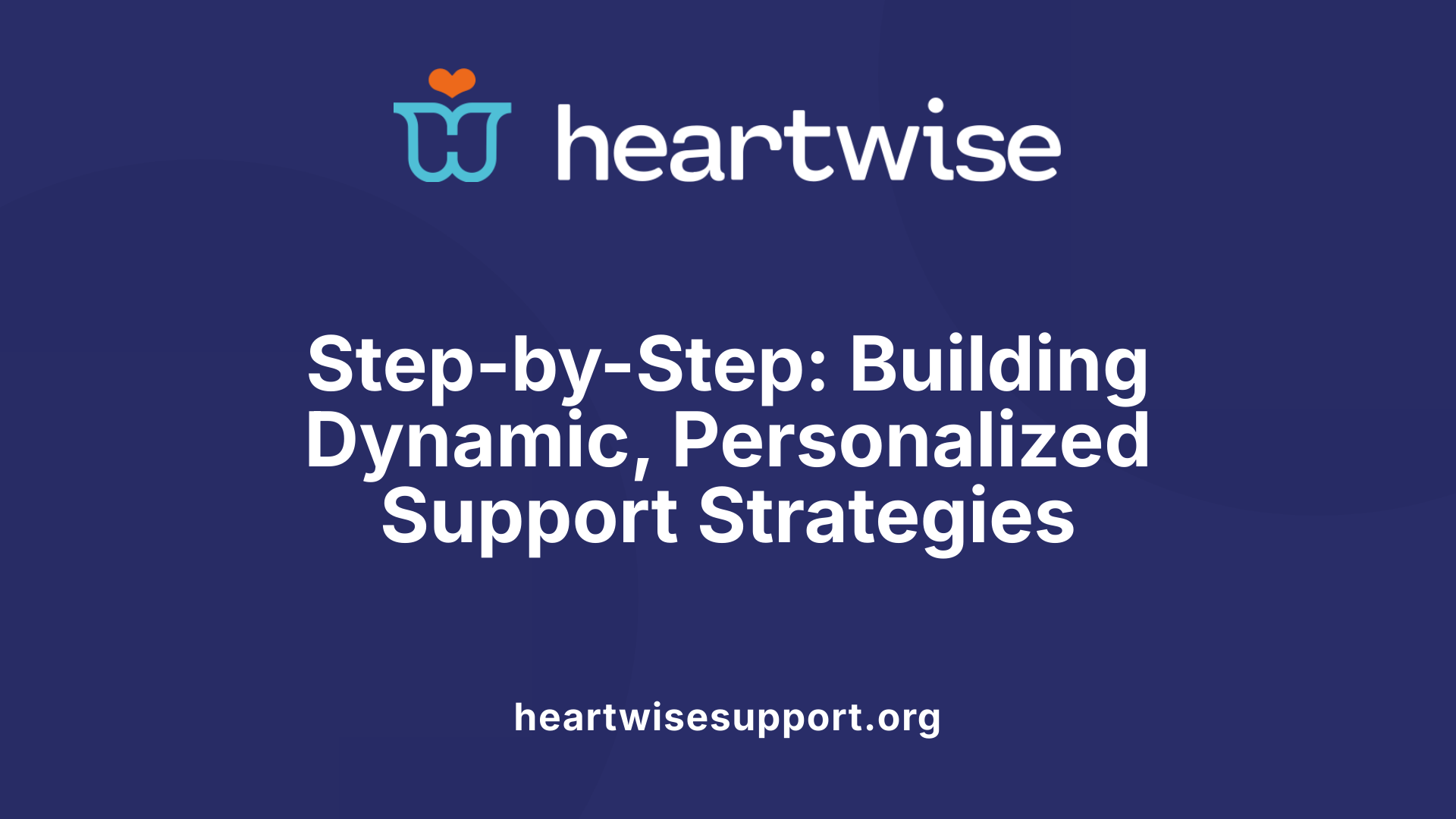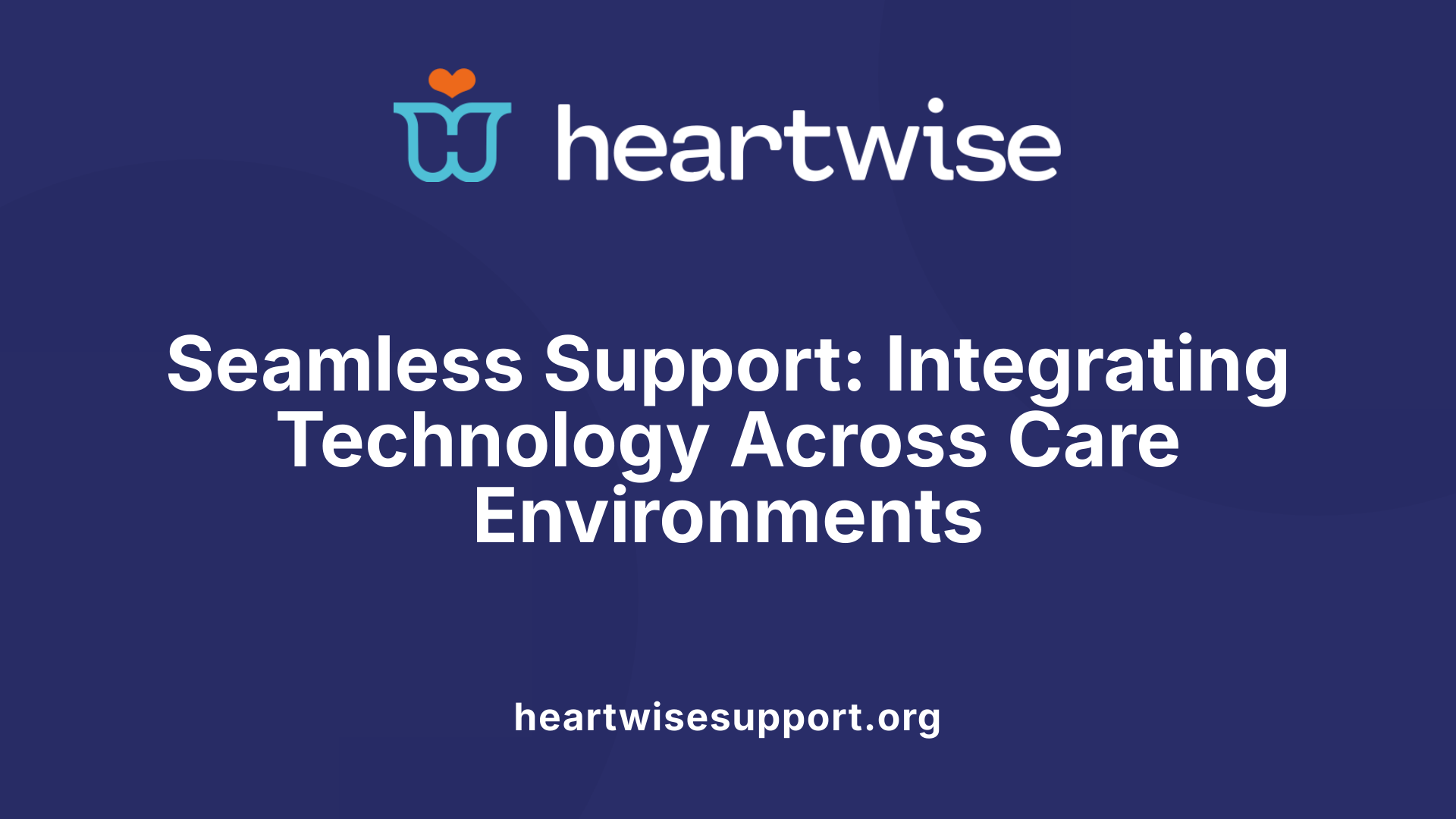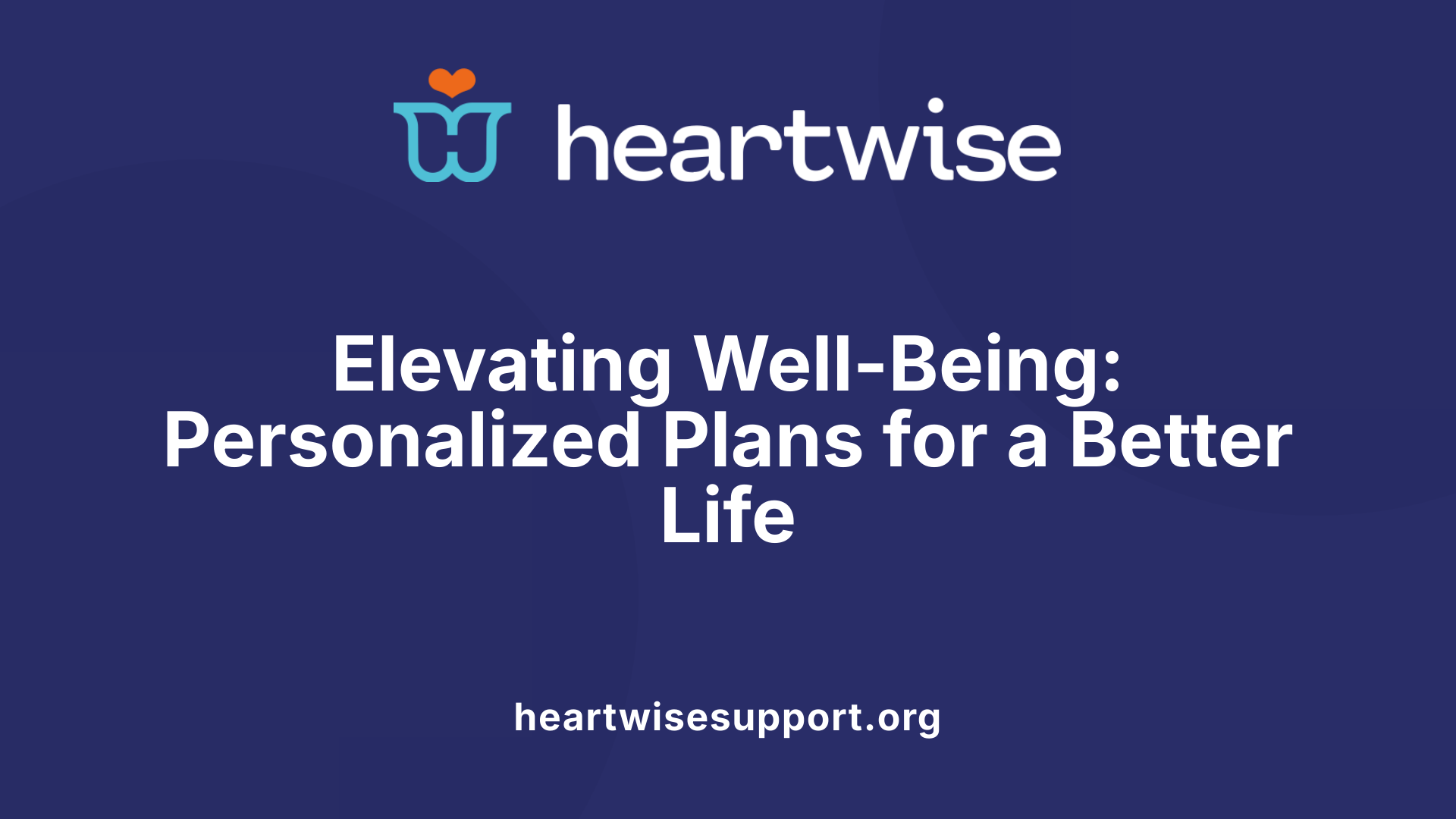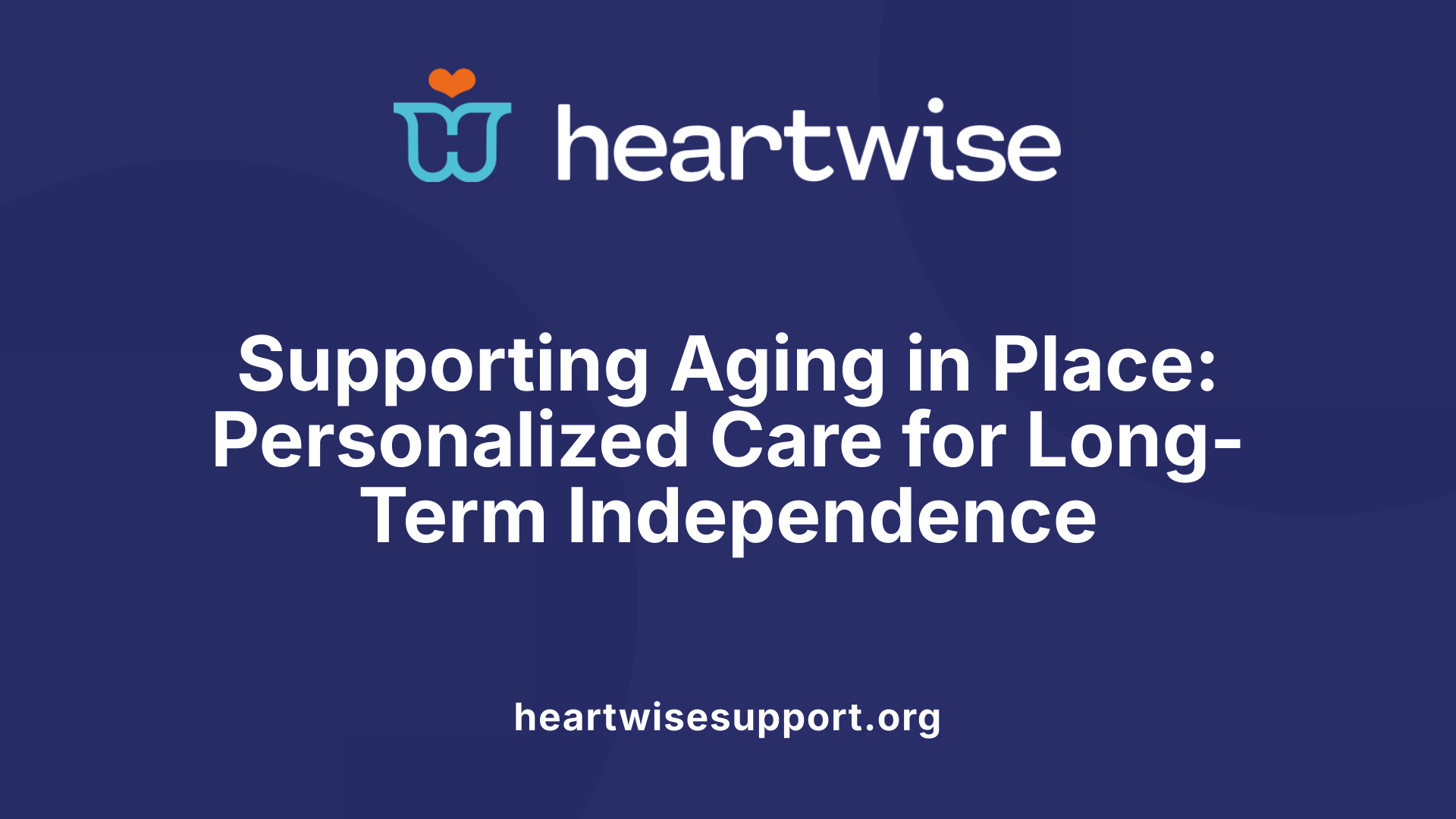Understanding the Impact of Personalized Support Plans
Personalized support plans are a transformative approach in healthcare and senior living that prioritize individual needs, preferences, and goals. By developing tailored strategies, caregivers and healthcare providers can significantly enhance residents’ quality of life, foster independence, and promote overall well-being. This article explores the components, development processes, and real-world implementation of these plans, highlighting their vital role in improving health outcomes and ensuring respectful, person-centered care.
Components and Development of Personalized Support Plans

What components and development processes are involved in creating personalized support plans?
Developing effective personalized support plans starts with conducting comprehensive assessments of an individual's unique needs, preferences, strengths, and life goals. These evaluations typically involve person-centered conversations with the individual, family members, and caregivers to gather detailed insights into their daily routines, health conditions, cultural backgrounds, and personal aspirations.
A collaborative approach is crucial. The development process involves a multidisciplinary team consisting of healthcare professionals, family members, and sometimes the individual themselves. This team works together to ensure all aspects of the person's life are considered, fostering an environment where the person's voice is central to the planning.
Once key information is collected, the team sets clear, achievable goals tailored to the individual’s needs and desires. These goals are broken down into actionable steps or milestones, which guide the support strategies. Regular meetings are scheduled to review progress, address any emerging issues, and make necessary adjustments to the plan.
Technology tools play a significant role in maintaining current and adaptable support plans. Digital platforms and health tracking apps help document goals, monitor progress, and facilitate communication among caregivers, health providers, and families.
The planning process emphasizes ongoing evaluation, ensuring the support remains relevant. As the individual's health or circumstances change, the support plan is revisited to update goals, support strategies, and resources, maintaining a focus on promoting independence, well-being, and quality of life.
Creating personalized support plans is thus a dynamic process, rooted in detailed assessment, collaborative goal setting, and continuous refinement to adapt to each person’s evolving lifestyle and health needs.
Implementation Across Care Settings and Technology Integration
 Personalized care plans are effectively implemented across various care settings—home care, assisted living, and nursing homes—through a collaborative process emphasizing comprehensive assessment and planning. In all environments, healthcare professionals, families, and patients work together to gather detailed information about medical history, daily routines, social factors, and personal preferences. This foundation enables the development of tailored interventions and goal-oriented strategies that accommodate the individual’s unique needs.
Personalized care plans are effectively implemented across various care settings—home care, assisted living, and nursing homes—through a collaborative process emphasizing comprehensive assessment and planning. In all environments, healthcare professionals, families, and patients work together to gather detailed information about medical history, daily routines, social factors, and personal preferences. This foundation enables the development of tailored interventions and goal-oriented strategies that accommodate the individual’s unique needs.
The assessment process typically involves initial health screenings, self-assessments, and consultations to understand physical, emotional, and social needs. These insights inform plans that include care routines, medication management, safety measures, and social activities aimed at promoting independence, comfort, and overall well-being.
Technology plays a vital role in supporting these personalized plans. Digital tools such as electronic health records (EHRs) facilitate seamless information sharing and updates among multidisciplinary teams. Telehealth platforms enable remote consultations, allowing continuous monitoring and quick adjustments to care strategies.
Wearable devices and mobile health applications assist in tracking vital signs, medication adherence, and early detection of health issues, ensuring more timely interventions. Home automation technologies contribute to safety by adjusting lighting, alarms, or mobility aids, tailored to the resident's needs.
Interprofessional collaboration is essential to ensure all aspects of an individual’s care are aligned and adaptable. Regular review meetings, often supported by digital platforms, help update care plans as health and personal circumstances evolve. Staff training on digital tools and person-centered approaches ensures integration into routine workflows, promoting consistent and respectful support.
Overall, the use of technology enhances the effectiveness of personalized care plans by enabling real-time data collection, improving communication among care teams, and providing customized solutions that adapt to changing needs. This integration ensures a seamless, holistic approach—delivering targeted, responsive, and coordinated care across all care environments.
Enhancing Quality of Life and Well-Being
 Personalized care plans significantly boost the quality of life and overall well-being by focusing on an individual's specific needs, preferences, and life goals. When care is tailored, residents feel valued and understood, fostering a sense of being respected and supported in their autonomy. They are actively involved in decision-making about their daily routines and activities, which strengthens their confidence and helps preserve independence.
Personalized care plans significantly boost the quality of life and overall well-being by focusing on an individual's specific needs, preferences, and life goals. When care is tailored, residents feel valued and understood, fostering a sense of being respected and supported in their autonomy. They are actively involved in decision-making about their daily routines and activities, which strengthens their confidence and helps preserve independence.
Addressing emotional and social needs is a crucial component of personalized care. Incorporating activities like family visits, hobbies, and spiritual practices creates meaningful connections and promotes mental wellness. These elements help reduce feelings of loneliness and social isolation, which are common concerns among older adults.
Regular reviews and collaborative planning involving residents, families, and healthcare teams ensure support remains relevant and adaptable to changing health conditions. This continuous, holistic approach not only enhances emotional stability but also contributes to better physical health outcomes.
Overall, personalized support plans create a safe, respectful environment that encourages active participation, provides emotional comfort, and supports independence, leading to higher satisfaction and improved quality of life for seniors.
Role of Personalized Care in Aging in Place and Managing Chronic Conditions

What is the significance of personalized care in managing chronic conditions and supporting aging in place?
Personalized care is essential for seniors who want to stay in their homes as they age. It involves designing tailored support that addresses each individual's specific health issues, preferences, and daily routines. This approach helps improve overall well-being by ensuring treatments, medications, and daily activities fit personal needs.
Effective personalized care promotes independence and emotional comfort. When seniors participate in their care plans, they feel more in control, which enhances their confidence and satisfaction. Care teams work closely with residents and families to develop plans that consider medical history, cultural background, and personal goals.
By focusing on the whole person, personalized care reduces health complications, prevents hospital visits, and supports a balanced, fulfilling life. It encourages ongoing collaboration among healthcare providers, caregivers, and families, ensuring seamless support and better health outcomes. This comprehensive, patient-centered approach truly helps seniors age comfortably and maintain their dignity at home.
How do personalized support plans help prevent unnecessary hospitalizations?
Personalized care plans are proactive tools that actively manage health conditions, reducing the need for emergency hospital visits. These plans include regular check-ins, medication management, and early warning signs to watch for, allowing caregivers and residents to address health problems before they worsen.
Safety features such as home modifications and ongoing chronic disease management improve stability and confidence in daily living. When health concerns are caught early, adjustments to treatment or lifestyle can prevent conditions from escalating.
Furthermore, personalized plans support emotional and social well-being through community engagement and tailored activities, which help maintain mental health and reduce risks linked to isolation or depression.
By promoting consistent health monitoring, medication adherence, and quick response strategies, personalized support plans keep seniors healthier at home and significantly reduce the likelihood of hospitalizations—protecting both their health and financial resources.
Research Evidence Supporting Personalized Care Planning
What evidence supports the effectiveness of personalized care planning?
Numerous clinical trials and studies have demonstrated that personalized care planning can lead to meaningful health improvements. Evidence suggests that these plans modestly reduce crucial health indicators such as blood glucose levels, systolic blood pressure, and depressive symptoms. For example, over 19 randomized controlled trials involving more than 10,800 participants have shown that well-structured, integrated care strategies can produce small but statistically significant improvements in physical health.
Additionally, personalized care planning enhances psychological well-being by decreasing depression and boosting self-efficacy—patients' confidence in managing their conditions. These benefits are especially evident when care is tailored to individual needs, involving thorough assessments, stakeholder engagement, and frequent reviews.
Key strategies that contribute to success include shared decision-making, risk stratification, and collaborative goal setting. Using technology like telehealth, wearable devices, and home automation further optimizes outcomes by enabling continuous monitoring and adjustments. Overall, research indicates that personalized care plans, when comprehensive and participatory, hold promise for improving long-term health and self-management.
What are the characteristics of high-quality personalized care research?
High-quality research in this area emphasizes rigor, diversity, and clarity. Randomized controlled trials (RCTs) are the gold standard, involving varied populations across multiple health conditions, including diabetes, mental health issues, heart failure, and kidney disease. These studies typically feature well-defined intervention protocols, consistent processes, and measurable outcomes such as health status, patient satisfaction, or functional improvements.
Effective research also incorporates a multidisciplinary approach that involves the patient, their family, healthcare professionals, and other stakeholders. Regular review and adaptive strategies are crucial, allowing interventions to evolve based on ongoing assessments. The integration of technological tools, behavioral strategies, and patient-centered techniques strengthen the evidence base.
Such rigorous studies support the development of best practices that emphasize holistic, customizable, and contact-rich interventions capable of sustaining positive health trajectories. The evidence from high-quality research guides clinicians and policymakers in implementing personalized care models that align with patients' needs and enhance overall health outcomes.
Unlocking a Better Future with Personalized Care
Implementing personalized support plans requires a collaborative, dynamic, and innovative approach grounded in evidence and dedicated to the individual's evolving needs. When developed and executed effectively, these plans do more than improve health—they foster independence, dignity, and a sense of identity, ultimately elevating quality of life. As healthcare continues to advance, the focus on tailored, holistic, and person-centered care will remain vital in creating a future where everyone can enjoy comfort, safety, and fulfillment in their daily lives.
References
- Customized Care at Home: The Benefits of Personalized Care Plans
- How Personalized Care Plans Improve the Resident Experience
- The Importance of Personalized Care Plans when Aging in Place
- Personalized Care Plans: Ensuring Comprehensive Home Support
- Benefits of Personalized Care Plans in Nursing Homes - Haven Health
- How Personalized Senior Care Plans Can Enhance Quality of Life
- Personalized Care Plans: Tailoring Support to Individual Needs in ...
- Personalised care planning for adults with chronic or long‐term ...











